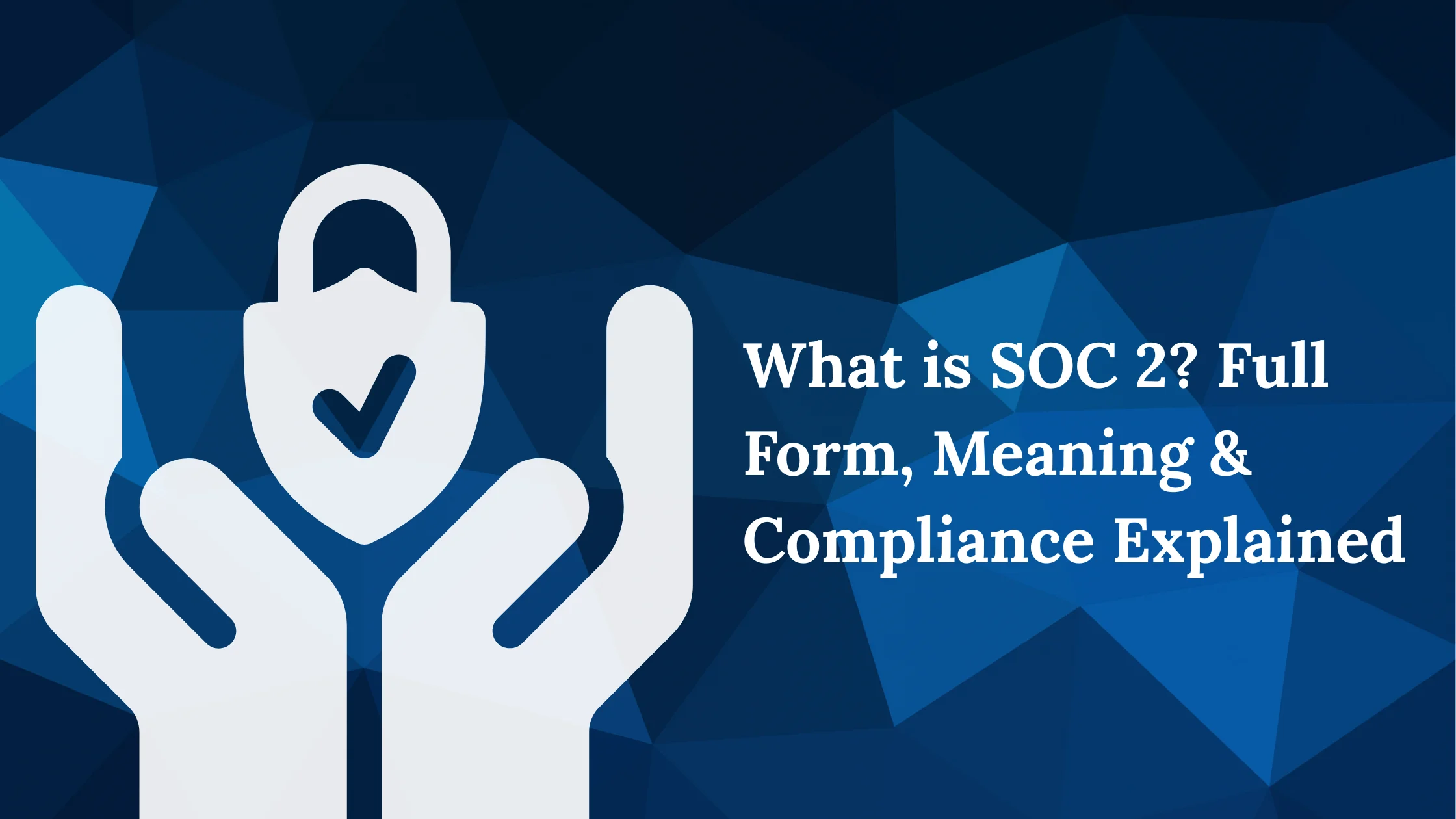
Data Protection Officers: Guardians of Privacy
In an increasingly digital world, the role of Data Protection Officers (DPOs) has become vital for organizations striving to safeguard personal data and comply with regulatory requirements. As guardians of privacy, DPOs play a crucial role in ensuring that organizations manage data responsibly and transparently.
The Role of a Data Protection Officer
What is a Data Protection Officer?
A Data Protection Officer is an individual appointed by an organization to oversee its data protection strategy and ensure compliance with data protection laws, such as the General Data Protection Regulation (GDPR) and the Indian Data Protection Act (DPDPA). The DPO acts as a bridge between the organization, its employees, and regulatory authorities.
Key Responsibilities of a DPO
- Compliance Oversight: The DPO monitors compliance with applicable data protection laws and regulations, ensuring that the organization adheres to legal requirements.
- Risk Assessment: They conduct regular risk assessments to identify vulnerabilities in data handling processes and recommend mitigation strategies.
- Policy Development: The DPO develops and implements data protection policies, ensuring they align with legal requirements and best practices.
- Training and Awareness: Providing training to employees about data protection principles and practices is essential for fostering a culture of privacy within the organization.
- Incident Response: In the event of a data breach, the DPO coordinates the response efforts, including notifying affected individuals and regulatory bodies as required.
Importance of Data Protection Officers
1. Regulatory Compliance
With stringent regulations governing data protection, having a dedicated DPO helps organizations navigate complex legal landscapes. Compliance not only avoids hefty fines but also enhances organizational reputation.
2. Building Trust
A DPO plays a pivotal role in building trust with customers and stakeholders by demonstrating a commitment to protecting personal information. Transparency in data handling practices fosters confidence among clients.
3. Proactive Risk Management
By identifying potential risks before they materialize, DPOs help organizations mitigate threats effectively. This proactive approach is essential for maintaining business continuity in an era of increasing cyber threats.
4. Cultural Shift Towards Privacy
Appointing a DPO signals to employees that privacy is a priority for the organization. This cultural shift encourages everyone to take responsibility for data protection.
Best Practices for Data Protection Officers
1. Stay Informed on Regulations
Data protection laws are continually evolving. A successful DPO must stay updated on changes in legislation to ensure ongoing compliance.
2. Engage with Stakeholders
Collaborating with various departments—such as IT, legal, and marketing—ensures that data protection measures are integrated into all aspects of the organization’s operations.
3. Implement Privacy by Design
Incorporating privacy considerations into new projects from the outset helps organizations align their practices with regulatory requirements and enhances overall security.
4. Conduct Regular Audits
Regular audits help assess compliance with data protection policies and identify areas for improvement. This continuous monitoring is essential for maintaining robust data governance.
5. Foster Employee Engagement
Regular training sessions and awareness programs empower employees to understand their roles in protecting personal data, creating a culture of accountability.
How KavachOne Can Help You
KavachOne offers specialized services designed to support organizations in establishing effective data protection strategies:
- Expert Consultation: Our team of experienced professionals provides tailored guidance on navigating complex data protection regulations.
- DPO Services: KavachOne can serve as your outsourced DPO, ensuring compliance while allowing your organization to focus on core business functions.
- Training Programs: We offer comprehensive training sessions to educate employees about data protection principles and best practices.
- Policy Development: KavachOne assists in developing robust data protection policies that align with regulatory requirements.
- Ongoing Support: Our continuous support ensures that your organization adapts to evolving regulations while maintaining strong data governance practices.
More For You

What is SOC 2? Full Form, Meaning & Compliance Explained
...

SOC 2 Compliance for Service Providers: Ensuring Data Privacy and Security
SOC 2 compliance is a security standard for service providers handling customer ...

Factory Cybersecurity: Protecting Industrial Control Systems in Manufacturing Operations
...
